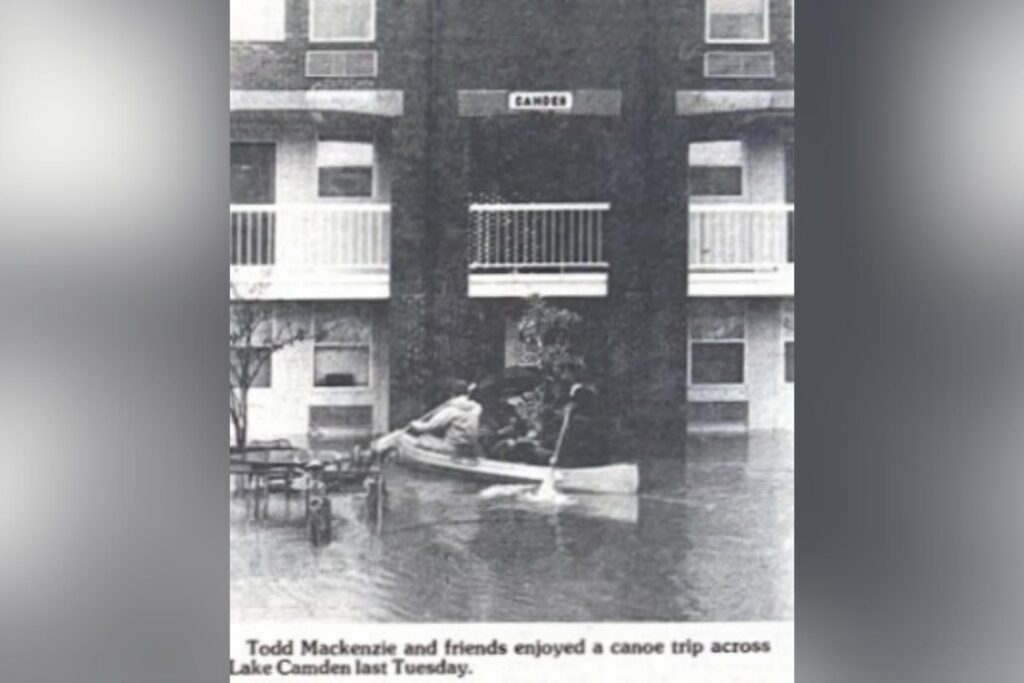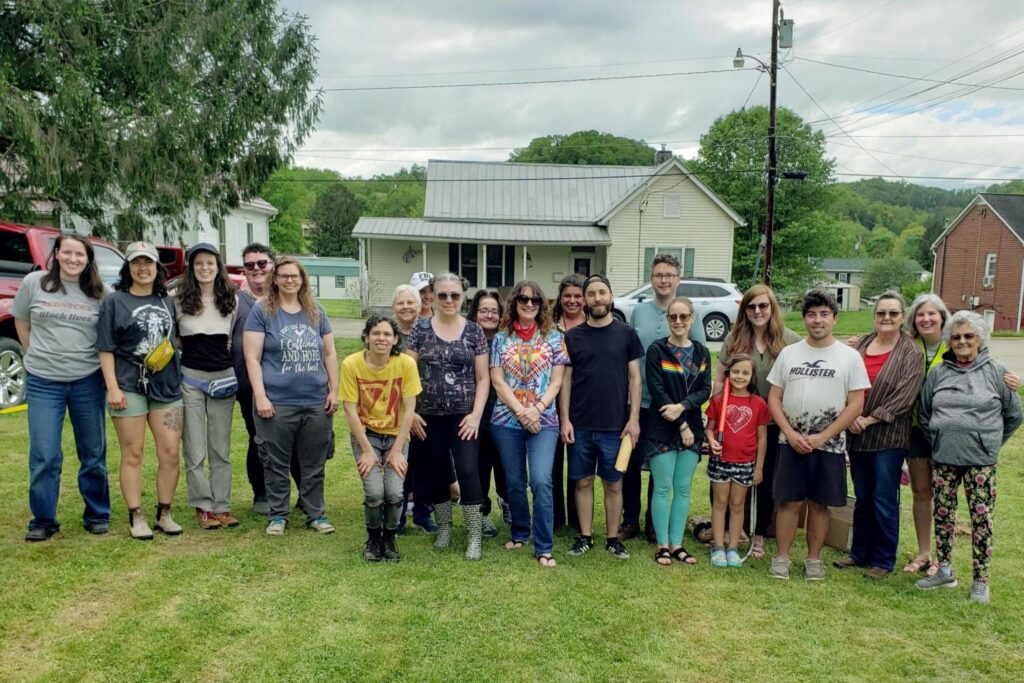BUCKHANNON — Two brothers who were reportedly involved in a drug sales operation that brought in up to $15,000 a month were sentenced last week in Upshur County Circuit Court.
Robert T. Quici, 21, and Joseph D. Quici, 20, each pleaded guilty to one count of possession with intent to deliver, a felony, and one count of possession of a controlled substance, a misdemeanor, at separate plea hearings in Upshur County Circuit Court Nov. 23, 2020.
According to court records, the two brothers were reportedly selling marijuana and highly concentrated THC oils and THC-laced products, which they advertised on SnapChat. Both brothers also had multiple firearms, digital scales, packaging materials and large amounts of cash in their respective residences, criminal complaints in each of their cases alleged.
During subsequent sentencing hearings in Upshur County Circuit Court Thursday, Jim Hawkins, who served as attorney for both brothers, requested that 26th Judicial Circuit Court Judge Jacob Reger suspend the imposition of a sentence and order an alternative sentence of home confinement for both Robert and Joseph Quici.
However, Reger declined to do so.
During Robert Quici’s hearing, Hawkins argued that 171 days in jail “had been more than sufficient to impress up Mr. Quici the seriousness of his offenses.”
“Since he’s been out on home confinement for 140 days, he’s done exceptionally well,” Hawkins told the judge. “He was on the wrong path … but he has shown tremendous insight into what was going on in his life and where he was going.”
Hawkins argued that Reger should take into consideration that laws regarding marijuana, medical marijuana and CBD, or cannabidiol, either had or were in the midst of changing significantly. CBD products, which contain .3 percent or less of THC – the psychoactive component in marijuana – are sold in various places throughout the state, and marijuana is sold legally in other states, he said.
“You can’t even walk through a Food Lion without seeing a magazine with an article about a hemp supplement for women or a hemp supplement for men,” Hawkins argued. “It’s right in our faces every day.”
Reger, however, said he understood that the substances both Robert Quici and Joseph Quici were selling were “highly concentrated” THC oils and THC-containing products that are not legal in West Virginia. He also said regardless of what the law is in other states, recreational marijuana is not legal in West Virginia.
“Hemp doesn’t have THC in it, does it?” Reger asked, and Hawkins replied that “some of it does.”
Reger said the state’s evidence indicated that Robert Quici and Joseph Quici were involved in an “ongoing enterprise.”
“We’re talking about highly concentrated marijuana … and they were making $15,000 a month selling this,” the judge said. “This is not a case where he (Robert) just had a bag of weed and was selling it.”
Noting that Robert Quici hadn’t graduated from high school or obtained his GED and had some substance abuse issues, Reger said he would be a viable candidate for the Anthony Center, which houses male and female young adult offenders between the ages of 18-25. According to the West Virginia Division of Corrections and Rehabilitation, offenders must serve a term of six months to two years, but once they complete program requirements, they may receive probation for several years.
“But I don’t want to send him to the Anthony Center if he doesn’t want to go,” Reger said.
Hawkins conferred with his client and Robert Quici said he did not want to go.
Reger said he’d been hesitant to accept the plea agreement in Robert Quici’s case because it involved 17 felonies, one of which was a gross child neglect charge.
“This was highly concentrated and [Robert Quici and Joseph Quici] were getting it shipped in from other states, is my understanding,” Reger said. “And they were pretty blatant about it. It’s not just a substance abuse issue, it was a business of selling a controlled substance.”
Reger agreed with Hawkins that Robert Quici’s demeanor had improved somewhat from when he was charged, but said his attitude had been “horrible” initially.
During Joseph Quici’s subsequent sentencing hearing, Hawkins told Reger that time in the regional jail had made a “dramatic impact” on him and similarly asked that the imposition of his sentence be suspended, and he be sentenced to home confinement or probation.
“To incarcerate him would be a step backwards,” he said. “He’s been working [at his family’s] shop and developing plans of his own. Can he successfully complete an alternative sentence? He can.”
Upshur County Prosecuting Attorney Bryan Hinkle said the state opposed an alternate sentencing in Joseph Quici’s case.
“I think he should be offered the same opportunity to go to the Anthony Center,” Hinkle said. “I would be more sympathetic if we were dealing with an addict, someone who is selling to sustain their habit, but this was an enterprise. This was a business for them.”
Hawkins again conferred with his client, who did not want to go to the Anthony Center.
Reger said he knew neither brother wanted to go because “they could burn up their time faster staying here” and ultimately sentenced Robert Quici and Joseph Quici each to an indeterminate sentence of one to five years in the state penitentiary and six months in jail on the simple possession charge. Reger ordered their sentences to be served consecutively, not concurrently, which means one after the other. He gave both brothers credit for time served in jail – approximately 170 days – and time served in home confinement – about 140 days.
Robert Quici and Joseph Quici were both indicted in June 2020, on 17 felonies and 16 felonies, respectively. Those remaining charges were dismissed at Thursday’s hearing.














